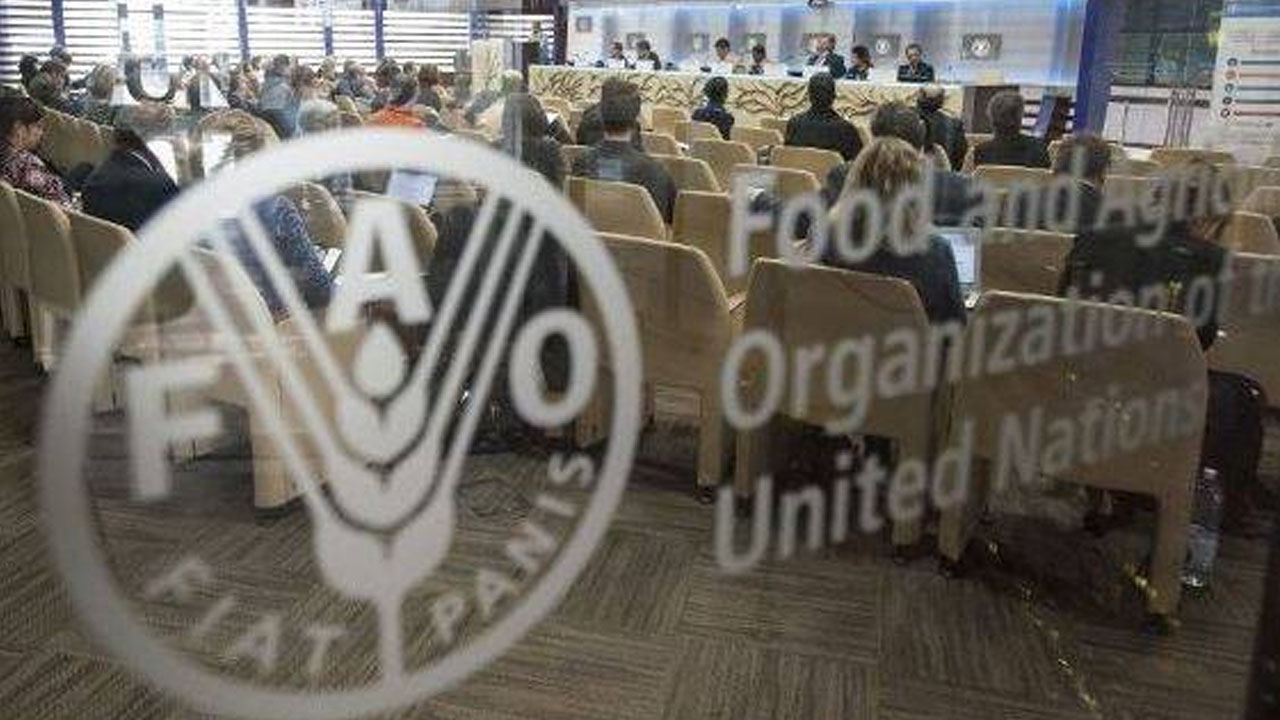
.To support 26,750 vulnerable households
Food and Agricultural Organisation (FAO) Representative in Nigeria and Economic Community of West African States (ECOWAS), Dominique Koffy Kouacou, has warned that 4.84 million persons may experience acute food insecurity in the Northeast.
According to him, there will be an increase of 240,000 experiencing food insecurity compared to the October 2023 Cadre Humanise (CH) analysis.
Kouacou disclosed this yesterday in Maiduguri while launching the 2024 rainy season farm input distribution to farmers in Borno, Adamawa and Yobe (BAY) states.
The FAO official clarified that out of the projected population, 4.84 million people are in the BAY states.
He said this indicated an increase in the number of people predicted to experience acute food insecurity compared to the 4.4 million reported last October 3.
This year’s farm input distribution, themed: “Good Prospects for Improving Food Security,” has targeted small-holder farmers and vulnerable IDP farmers to boost food production and employment in the region affected by over a decade of insurgency.
His words: “We’re committed to supporting the country to strengthen the resilience capacity of the affected population, particularly the people affected by the 15-year conflict.”
He added that all the vulnerable populations require ‘protection interventions’.
“This is in addition to food, livelihood, and nutrition assistance”, Kouacou said, stating that FAO and other development partners are committed to rebuilding the livelihoods of people across the Northeast.
He went on: “FAO’s emergency strategy aims to strengthen the food production capacity of farming and agro-pastoral communities in conflict-affected areas.
“Our vision on zero hunger, as highlighted by the SDG2, guides our intervention through procurement and distribution of nutrient-dense vegetables, cereals, and legume quality seeds and NPK fertilisers.”
Kouacou said this year, with funding support from four financing partners, including the governments of Norway, the United States, Switzerland and the European Commission, FAO is supporting 26,750 vulnerable households, including returning internally displaced persons (IDPs) and their host communities, with productive agriculture assets to restore their livelihoods.
The 2024 intervention in Borno State, he hinted, would benefit 9,975 households across seven local councils.
“Our support will also help households mitigate the escalating food insecurity, while at the same time, building the resilience of the returnees in the settled communities,” Kouacou added.
The FAO Representative, therefore, appreciated the collaboration with the Borno government and the support of Governor Babagana Zulum.
Acting Governor of the State, Umar Kadafur, expressed the hope that the distributed improved seeds would restore livelihoods and better the lot of farmers.
He, therefore, urged the beneficiaries to promote food security and job creation.






